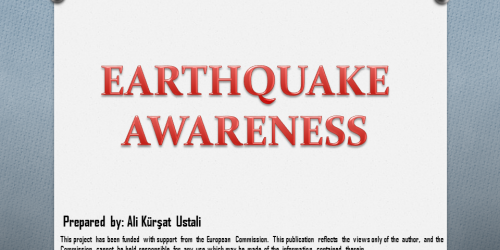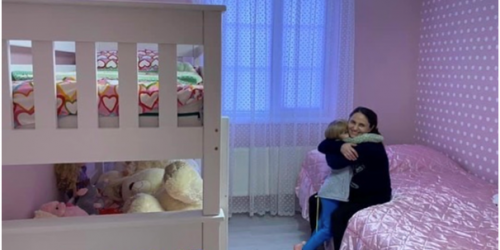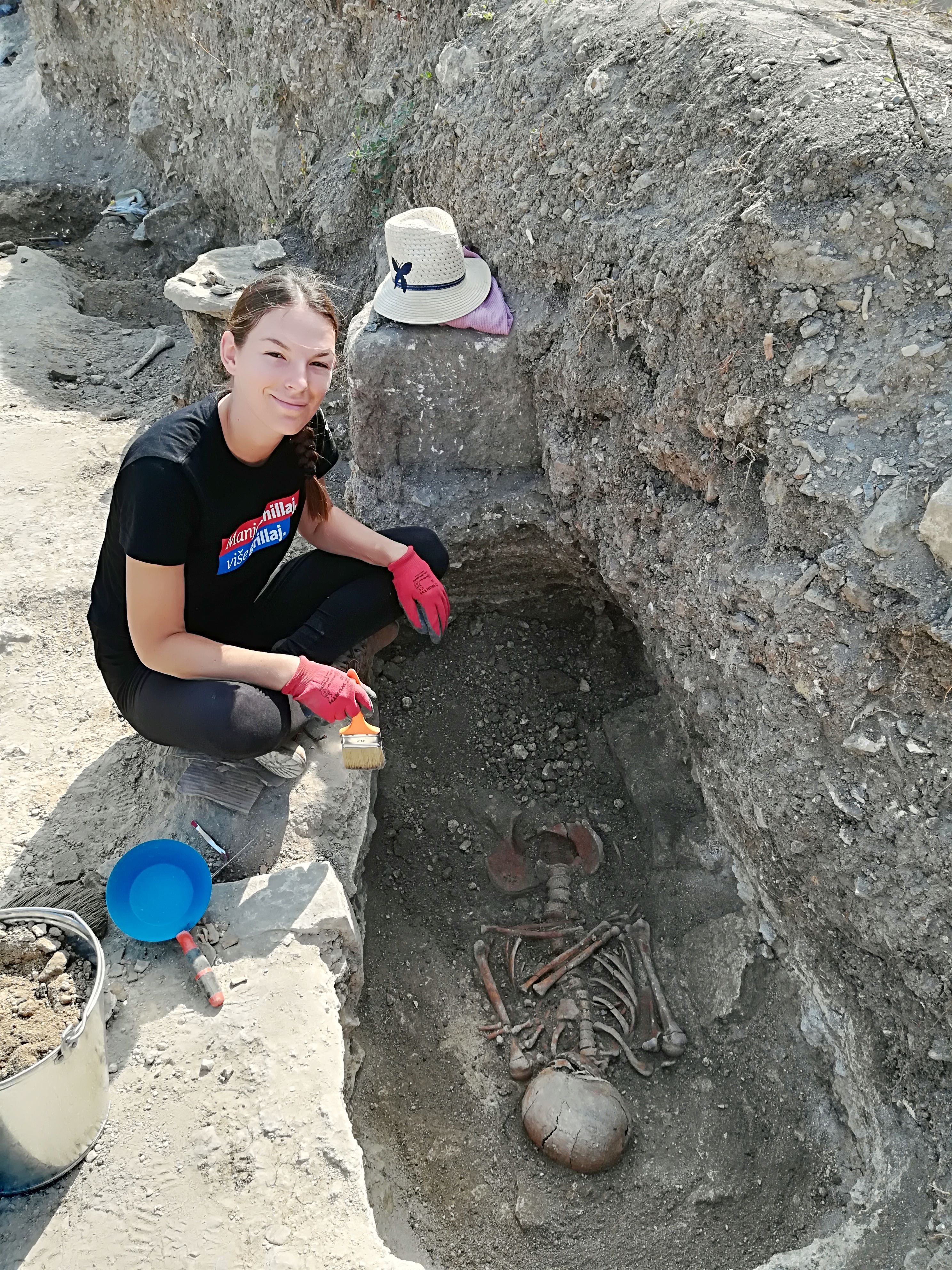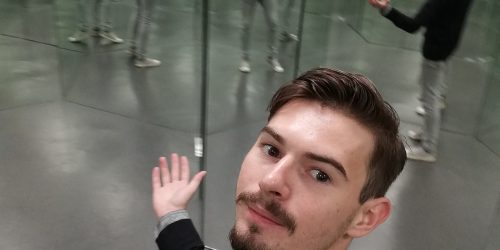Emocionalni kulturni šok
Možda ste već prošli ovakvu fazu, ili se čak pitate šta je ovo?
Odgovor je složeniji ali definitivno jedno od ozbiljnijih stvari kroz koje prolazi osoba koja se nađe u kulturnom šoku. Pisaću iz svog ličnog iskustva da prenesem svoje znanje i iskustvo na vas, a i takođe moje emocije bile to tužne ili sretne. Odlazak u drugu državu bilo na duži period ili kraći je veoma teško razdoblje. Ja bih ovaj šok rasporedila u nekoliko faza.
Prvi period ili faza počinje upoznavanjem grada, upoznavanjem novih ljudi, susrećemo se sa skroz novim stvarima i još uvijek nismo svjesni toliko da smo svoj život promjenili. Puni smo utisaka i sve nam se čini interesantno.
Druga faza je već gledanje na stvari realnije. Navikli smo na grad i počinjemo biti svjesniji situacije u kojoj smo. Imamo nova pravila, možda i novi jezik, kod nekih izaziva usamljenost, paniku, stres. Najbitnije od svega je da se ne dovedemo u panik zonu i da uvijek stvari gledamo šire i pozitivnije. Panik zona je i najgora faza kada sama osoba želi da se vrati u svoju zemlju jer ne može da nađe izlaz iz situacije u kojoj se nalazi.
Već u trećoj fazi dolazi privikavanje na realnost i trenutnu situaciju u kojoj se nalazite. Odlično se osjećate i odgovara vam trenutna kultura i cijenite sve oko sebe. Ovo bi trebala da bude najduža faza ali opet na nekog se odražava drugačije.
A zatim stavila bih ovo kao zadnju fazu ili četvrta faza kulturnog šoka. To je faza povratka u svoju zemlju. Ponovo slijedi prilagođavanje i to na trenutno svoju kulturu jer smo već na neki način navikli na nešto drugo.
Moje iskustvo sa kulturnim šokom je upravo raspoređeno po ovim fazama. U prelasku sam na treću fazu ali sam jako teško podnijela drugu fazu, a to se na mene odrazilo nakon tri mjeseca boravka u novoj državi. Da jako teška situacija i činilo se kao da nema izlaza iz nje, puno emocija koje su se skupile i naravno nedostajanje meni dragih osoba. Moj savjet je da se suočite sa tom situacijom i problemom, koliko god trebalo dajte si vremena i prostora.
Trebala bih da se zahvalim svim svojim koleginicama iz „Krugova“, mojim cimerima, prijateljima, koji su ovaj teški period bili uz mene i pomogli mi da to prevaziđem.
Ovo je jedna velika škola kroz život da prvo upoznamo sebe, da bi kasnije pomogli nekome drugom.

Emotional culture shock
Maybe you’ve already gone through this phase, or you are maybe wondering what this is?
The answer is more complex, but it’s definitely one of the most serious things a person goes through. I will write from my personal experience to pass on my knowledge and experience to you, and also my emotions whether sad or happy. Going to another country for a longer period or shorter is a very difficult period. I would spread this shock into several stages.
The first period or phase begins with getting to know the city, meeting new people, getting to know completely new things and we are still not aware that we have changed our lives. We are full of impressions and everything seems interesting.
In the second phase, we are already looking at things more realistically. We are used to the city and we are beginning to be more aware of the situation we are in. We have new rules, maybe a new language, for some people it causes loneliness, panic, stress. Most importantly, is not to bring yourself into the panic zone and always look at things more broadly and positively. The panic zone is also the worst phase when a person wants to return to their country because they cannot find a way out of their situation.
Already in the third phase, there is an adaptation to the reality and the current situation in which you are. You feel great and you are comfortable with the current culture and appreciate everything around you. This is supposed to be the longest phase, but again, it reflects differently on everybody.
And then I would put this as the last stage or the fourth stage of the culture shock. It is a return phase to your country. Now you are adapting to your current culture because you are already used to something else.
My experience with culture shock has just been broken down by these stages. I am moving to the third phase, but it was very difficult to endure the second phase, and this reflected on me after three months in the new state. It was a very difficult situation and it seemed like there was no way out of it, a lot of emotions were gathering inside me and of course, the worst part was missing my dear ones. My advice is to deal with this situation and the problem and take as much time and space you need.
I should be grateful to all of my classmates from Circles, my roommates, friends, who have been with me in this difficult period and helped me to overcome it.
This is a big lesson, you have to get to know yourself first, so you can help someone else tomorrow.
Kristina Stanković






